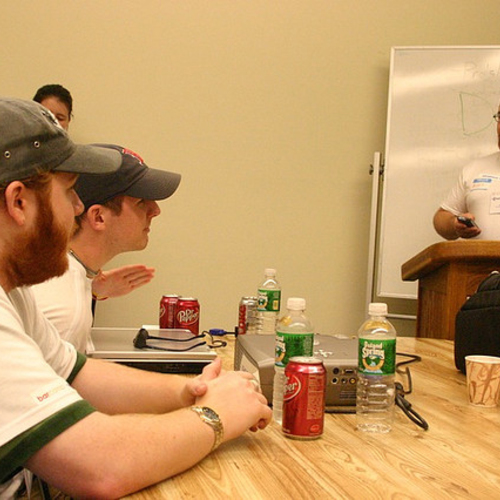
“About two weeks.”
“But you said that two weeks ago!”
Image Credit: ZEPHYR/Photodisc/Getty Images
It’s been said that stereotypes are stereotypes because they contain a grain of truth. While “two weeks” may be funny, it hits close enough to home that whatever smile we contractors may have is a bit pinched, and whatever smiles our clients may have are knowing ones. I’m all for smiles, but I’d rather they be the satisfied grins of contractors and homeowners whose jobs went according to plan. Scheduling a project well ensures that satisfied grins are the rule.
Schedules allow me to plan my work so that I have an answer when a potential client asks, “When can you start?” They allow me to give subs plenty of notice for when I’ll need them, increasing the chances they’ll show up on time. Subs appreciate knowing what work they’ve got coming, and they respect contractors who run their jobs well. Mostly, though, a good schedule saves time, which—whether you’re a contractor or a homeowner—is money.
Job scheduling entails three major components: determining the scope of the work, including who will do each task and how long each task will take; building a schedule chart so that you can track progress; and tracking progress and responding to scheduling glitches. All of this follows what’s called the “critical path,” a chain of tasks that have to happen to complete a project. Delaying any critical task will delay finishing the project as a whole unless corrective steps are taken. Critical tasks include getting a foundation in or receiving a framing inspection. Until these jobs are completed, nothing else can happen on the critical path, and everything after that is delayed.
To keep a schedule, you have…
Weekly Newsletter
Get building science and energy efficiency advice, plus special offers, in your inbox.

This article is only available to GBA Prime Members
Sign up for a free trial and get instant access to this article as well as GBA’s complete library of premium articles and construction details.
Start Free TrialAlready a member? Log in












0 Comments
Log in or become a member to post a comment.
Sign up Log in